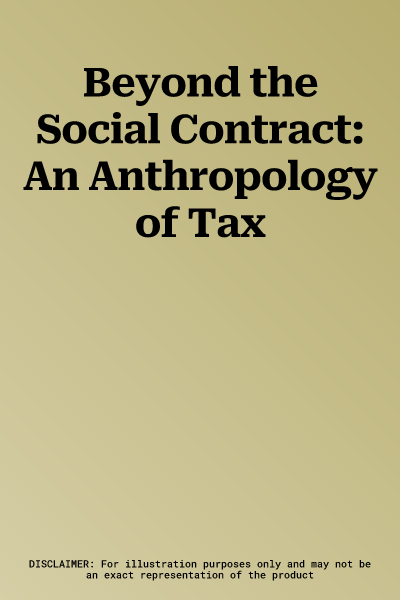Beyond the Social Contract: An Anthropology of TaxPaperback, 11 August 2023

Temporarily out of stock
Free Delivery
Cash on Delivery
15 Days
Free Returns
Secure Checkout

Part of Series
Studies in Social Analysis
Print Length
154 pages
Language
English
Publisher
Berghahn Books
Date Published
11 Aug 2023
ISBN-10
1805390422
ISBN-13
9781805390428
Description
Product Details
Book Format:
Paperback
Country of Origin:
US
Date Published:
11 August 2023
ISBN-10:
1805390422
ISBN-13:
9781805390428
Language:
English
Location:
New York, NY
Pages:
154
Publisher:
Series: